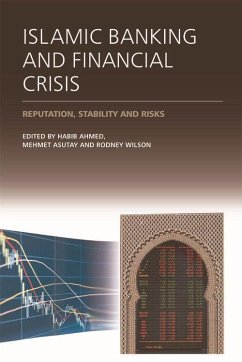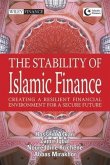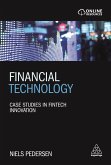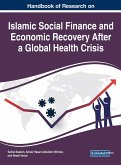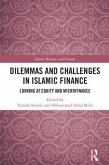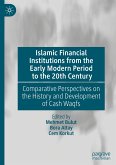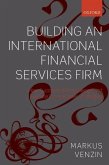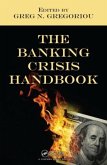'I highly recommend this compelling book to any newcomer to Islamic finance, as a primer on the subject, as well as to experts.' Mahmoud Mohieldin, The World Bank President's Special Envoy Examines the resilience of Islamic banking during the global financial crisis and lessons for risk management Do Islamic financial institutions perform better than their conventional counterparts during periods of financial stress? To what extent do systems for managing risk have to be adapted for Islamic financial institutions, given the unique characteristics of their assets and liabilities and the need for Shari'ah compliance? These issues have come to prominence since the global financial crisis of 2008 and the subsequent recession, and they are addressed in this book. The challenges for Islamic financial institutions are explored in an international post-Basel II system where banks are required to have more capital and liquidity. Governance issues are also examined, given their influence on client and investor perceptions and their ultimate implications for institutional stability and sustainability. The book concludes with suggestions for directing the Islamic financial industry towards a better fulfilment of both the legal and social requirements of Shari'ah. Key Features . Presents the basic principles of Shari'ah and the legal and regulatory environment under which Islamic banks operate . Examines the features of financial products and the product development system in Islamic banks . Presents a scheme to classify products as Shari'ah based, Shari'ah compliant and pseudo Islamic . Critically evaluates the controversies related to the types of products marketed by Islamic banks, highlighting the external and internal constraints under which products are developed Habib Ahmed is Sharjah Chair of Islamic Law and Finance, Mehmet Asutay is Reader in Middle Eastern and Islamic Political Economy and Finance, and Rodney Wilson is Emeritus Professor of Islamic Banking and Finance, all at the University of Durham. Cover images: © Carol Herbert/iStockphoto.com and Graham Heywood/iStockphoto.com. Cover design: [EUP logo] www.euppublishing.com

